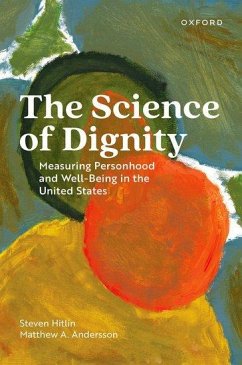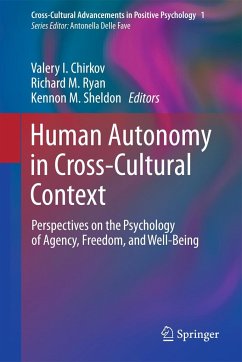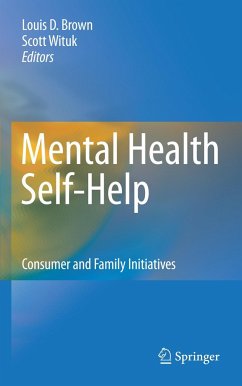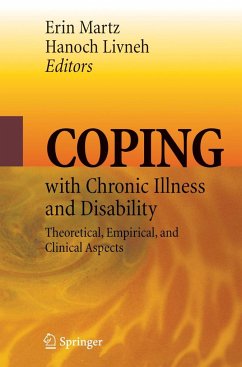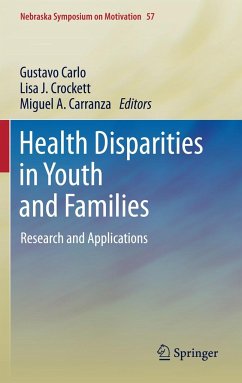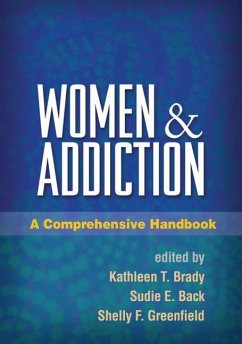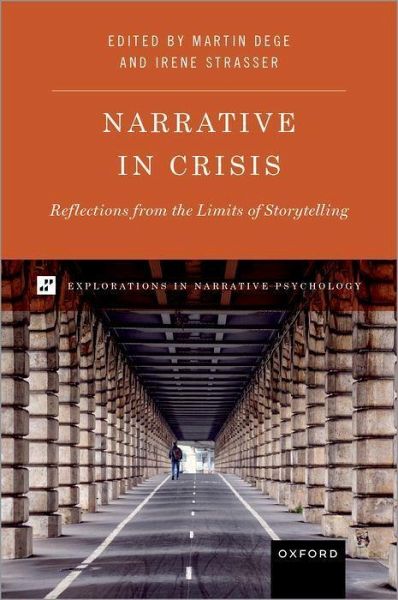
Narrative in Crisis
Reflections from the Limits of Storytelling
Herausgeber: Dege, Martin; Strasser, Irene
Versandkostenfrei!
Versandfertig in über 4 Wochen
92,99 €
inkl. MwSt.
Weitere Ausgaben:

PAYBACK Punkte
46 °P sammeln!
In this volume, distinguished narrative scholars provide their early attempts to deal with the COVID-19 pandemic and to understand "crises" from a narrative perspective. COVID-19 has undoubtedly changed the world. And with this change, it also questioned how we conceptualize "narrative." Rather than attempting to solve the social aspects of the COVID crisis with the power of narrative storytelling, the authors in this volume attempt to re-envision "narrative" as an epistemic subject to be questioned in times of crises.




